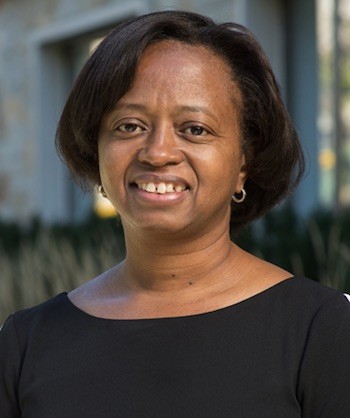“It’s so important to meet clients where they are. There’s a lot of stigma around substance use disorder, and we really have to acknowledge the struggle, recognize where someone is, and support any progress that has been made.”
He quickly learned two things: how hard it is to break the cycle of addiction and why harm reduction methods, such offering supervised consumption sites, can help prevent overdoses. “The important thing is meeting who you’re working with where they’re at,” he said. “I don’t think there’s much good that comes from saying ‘just don’t use’ because there’s really no correct cookie cutter answer for how to fix things.”
Jojola applied these lessons in his “Family Therapy” course, where students were tasked with creating a fictional family and assigning attributes to each member. The class gave the father a cocaine addiction, and when one student suggested that the dad needed to be given an ultimatum to stop, Jojola spoke up.
“My pushback was like, we need to know why he’s using and how long he’s been using,” he recalled. “But we’re not going to get him to just say he’s going to stop. And even if he does stop, he’s probably going to relapse and we’ll need to develop a plan to support him.”
The principles of harm reduction are explicitly taught in two courses—“Substance Use Disorders” and “Public Health Social Work.” But Gordon, MSW’93, said that the school is working to further integrate the strategy into the curriculum, with a particular focus on the interplay between trauma and drug misuse.
She rattled off a couple of questions that will guide a proposal to revamp the curriculum: “Are we attending to a person’s trauma and how that may impact their use? Are we attending to the person’s race, culture, and socioeconomic status?”
Bridget McAdams, MSW’22, said that harm reduction came up often in the trauma-focused courses that she took. “Harm reduction is essential in trauma recovery work,” she said. “We were taught that you absolutely have to meet a client where they are.”
That philosophy guided her work at Right Turn, a drug and alcohol rehabilitation center in Watertown, Massachusetts. As part of BCSSW’s first cohort of Harm Reduction Training Scholars, McAdams provided individual and group therapy to clients recovering from substance use disorders and co-occurring conditions such as bulimia.




